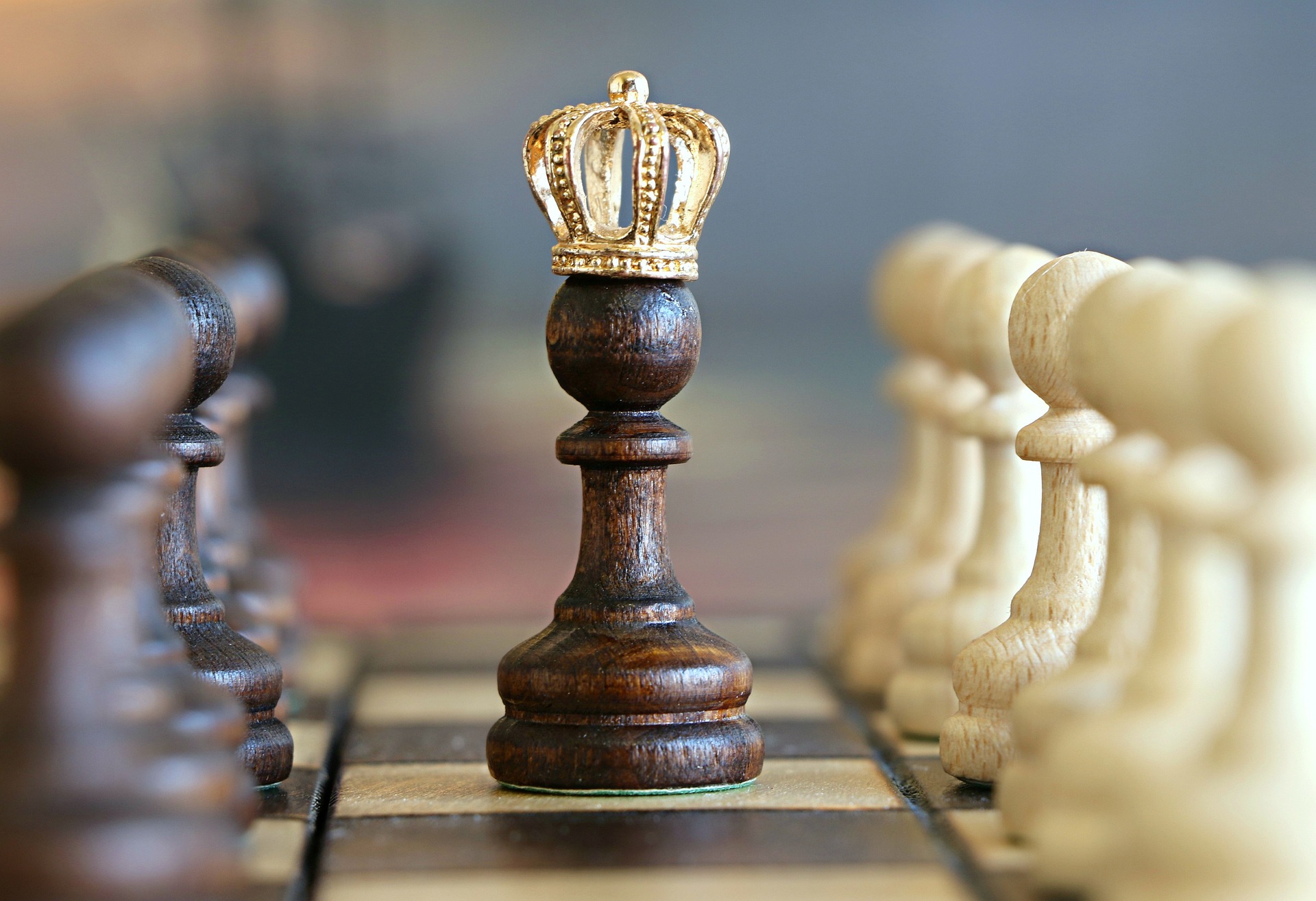
importance of chess
Playing chess is one activity that fully exercises your mind. Chess is quite like a brain tonic which enhances concentration, patience, and perseverance, as well as develops creativity, intuition, memory, and most importantly, the ability to process and extract information from a set of general principles, learning to make tough decisions and solving problems flexibly. Most importantly it teaches one, a golden virtue — the virtue of Patience.
advantages of chess
Chess improves memory
It might not be surprising to learn that expert chess players have strong memory skills. After all, the game involves memorizing numerous combinations of moves and their potential outcomes.
It’s also interesting to note that experienced chess players show higher performance related to a particular kind of recollection: auditory memory. This is the ability to remember what you’ve learned through hearing.
In one experiment, researchersTrusted Source compared the recall ability of expert chess players to that of people with no chess-playing experience. They found that the chess players were significantly better at recalling lists of words they’d heard than people who had never played chess.
Chess leads to better planning skills
Chess games are known for long periods of silent contemplation, during which players consider each move. Players spend time anticipating their opponents’ responses and attempting to predict every eventuality.
That habit of mind — careful contemplation and planning — is one of the cognitive health benefits of playing chess.
Behavioral scientistsTrusted Source gave two groups of people the Tower of London test — a cognitive functioning test involving pegs and beads — and measured their planning skills. The group that regularly played chess demonstrated significantly better planning skills than the group that did not play chess. Also, people in the chess group spent a lot more time making decisions during the test.
Chess may offer protection against the development of dementia
In a 2019 research review, scientists found that the complex mental flexibility chess demands could help protect older people from dementia.
Researchers found evidence that the game, which challenges memory, calculation, visual-spatial skills, and critical thinking abilities, may help reduce cognitive decline and postpone the effects of dementia as you age.
Chess can make therapy more effective
Some counselors and therapists play chess with clients as a means of increasing self-awareness and building more effective therapeutic relationships.
Considered a creative therapy strategy, chess allows you to see your reactions to stress and to challenges as they arise in the course of a match. Your therapist is present to help you evaluate your responses and learn more about why you respond to problems the way you do.
